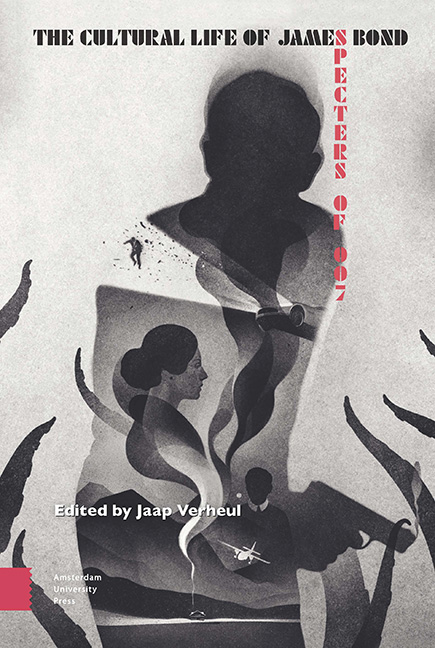Book contents
9 - Shaken, Not Stirred Britishness: James Bond, Race, and the Transnational Imaginary
Published online by Cambridge University Press: 20 November 2020
Summary
Abstract
This chapter examines discourses of race and of blackness in the James Bond film series, starting with post-imperial, Cold War-inflected “Negrophobic” themes in 1962's Dr. No; to the post-Civil Rights, Blaxploitation sampling deployed in 1973's Live and Let Die; to a black Amazonian, hypersexual badass vibe on display in 1985's A View to a Kill; to a new millennial, color-blind casting sensibility at work in 2012's Skyfall. Of particular concern are the Bond films’ racist portrayals of black womanhood, and their aestheticized violence in depictions of the spectacularized annihilation of bodies of color. Simultaneously, this chapter acknowledges that Bond fans routinely derive pleasure from negotiating the strange spectatorial sublime of James Bond's troubling discourses on race and otherness.
Keywords: James Bond; intersectional cosmopolitanism; hypersexuality; aesthetics of destruction; badass black Bond babes; toxic masculinity
[Being] white is part of the character's specific makeup […]. Bond's Britishness is an equally integral part of that makeup […] [Thus,] a black Bond directly questions what it means to be British […]
(Fallon 2016).I’m probably the most famous Bond actor in the world, and I’ve not even played the role.—Idris Elba
(quoted in Fallon 2016)When rumors surfaced in 2013 that Sony Pictures Executive Amy Pascal wanted to cast British actor Idris Elba as the first-ever black James Bond and likely successor to Daniel Craig, the story “broke the Internet” (Boot 2014). Responding to the uproar, Elba himself commented, “I don't want to be the black James Bond. Sean Connery wasn't the Scottish Bond, and Daniel Craig wasn't the blue-eyed James Bond, so if I played him, I don't want to be called the black James Bond” (quoted in Boot 2014). Elba's hyperbolic colorblind assertion aside, the accomplished British actor of African descent was espousing a position out of sync with a larger trend occurring in both Hollywood and independent film, television, and theater industries wherein successful black performances in revivals of traditional and iconic white narratives have, over time, become all the rage. Additionally, the fact that the United States elected its first ever black-identified (but actually mixed-race) President, Barack Obama, in 2008 while the United Kingdom witnessed a mixed-race American actor, Meghan Markle, getting married to Prince Harry, Duke of Sussex, in 2018 toppled centuries of rigid and anachronistic Anglo-American racial identity politics.
- Type
- Chapter
- Information
- The Cultural Life of James BondSpecters of 007, pp. 187 - 206Publisher: Amsterdam University PressPrint publication year: 2020



